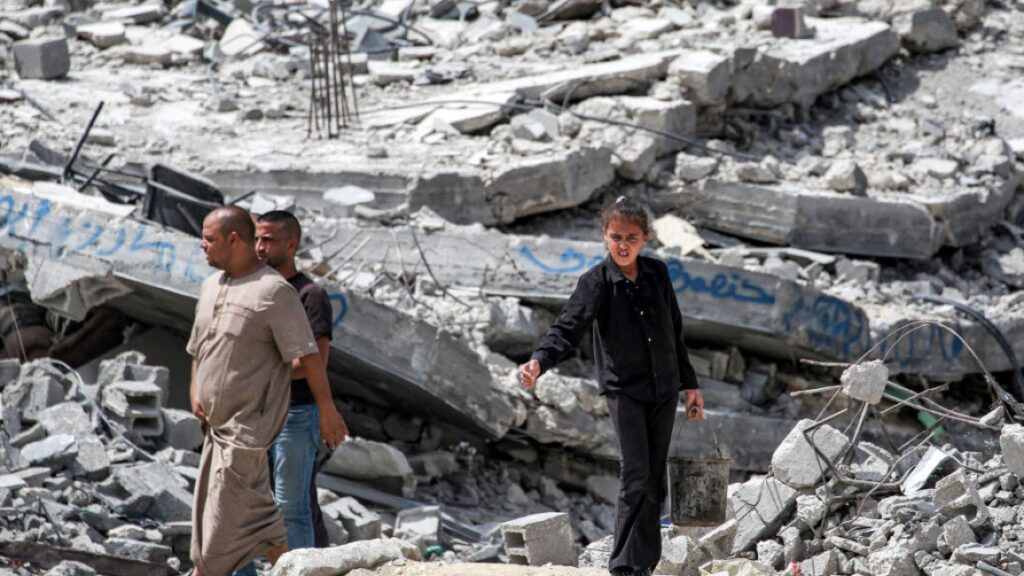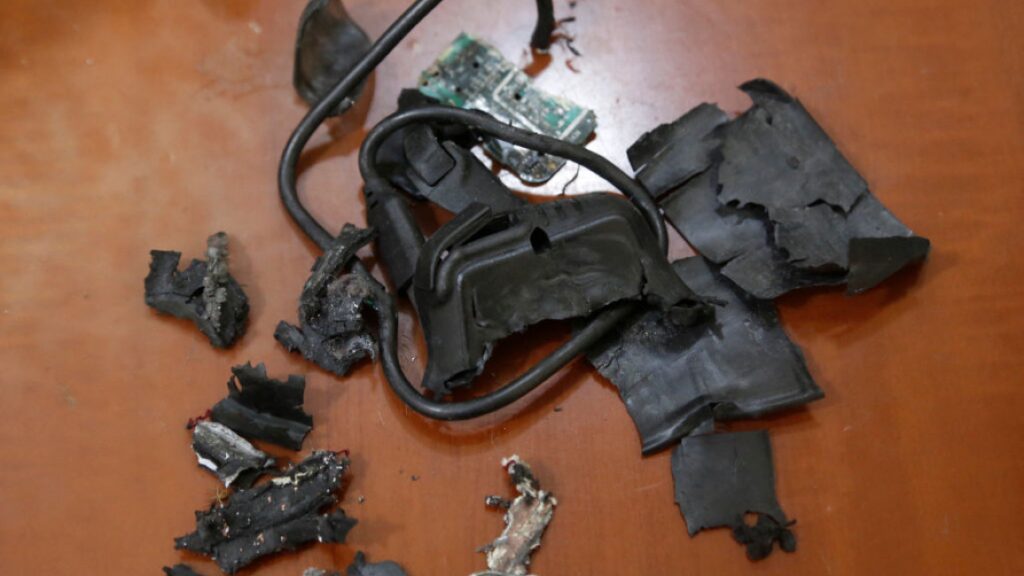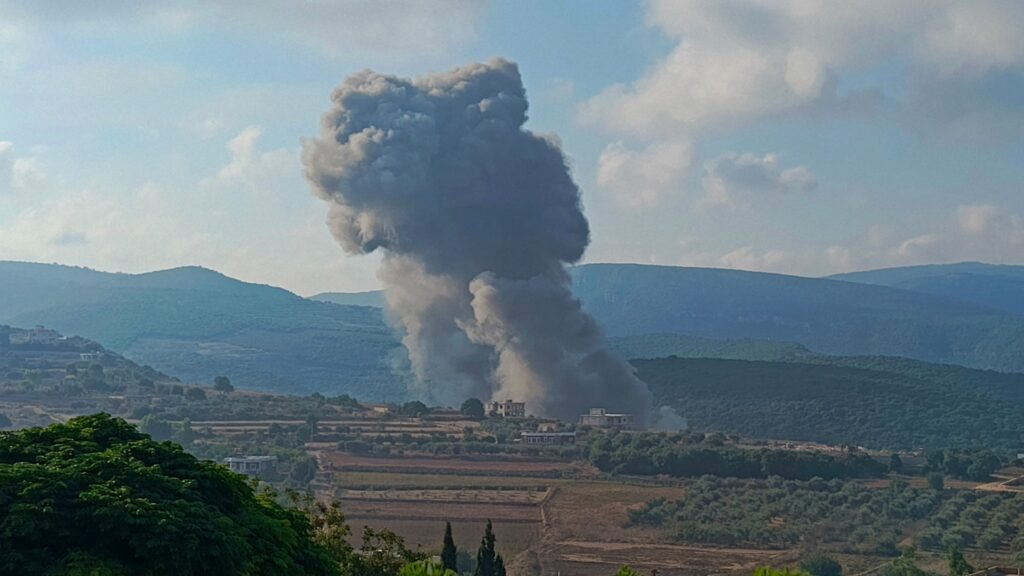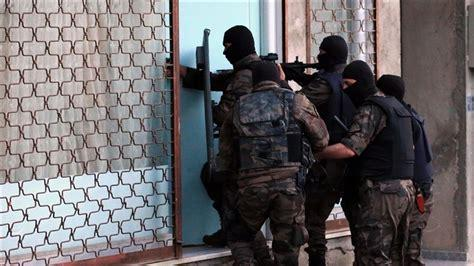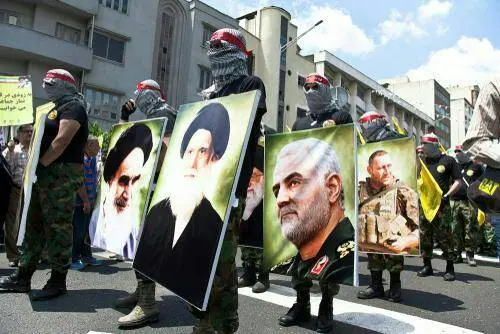Hezbollah has Suffered ‘Major and Unprecedented Blow,’ Nasrallah Admits

Latest Developments
Hezbollah leader Hassan Nasrallah admitted in a televised speech on September 19 that the Iran-backed terrorist organization has suffered a “major and unprecedented blow” during a week in which thousands of communications devices carried by its operatives detonated without warning. Speaking from an undisclosed location, Nasrallah said that an investigation committee had been established to probe the blasts, insisting that the “Israeli effort has largely been thwarted” and that Hezbollah was ready “to face even worse attacks.” Israel has not commented on whether it was responsible for the attacks on September 17 and September 18.

